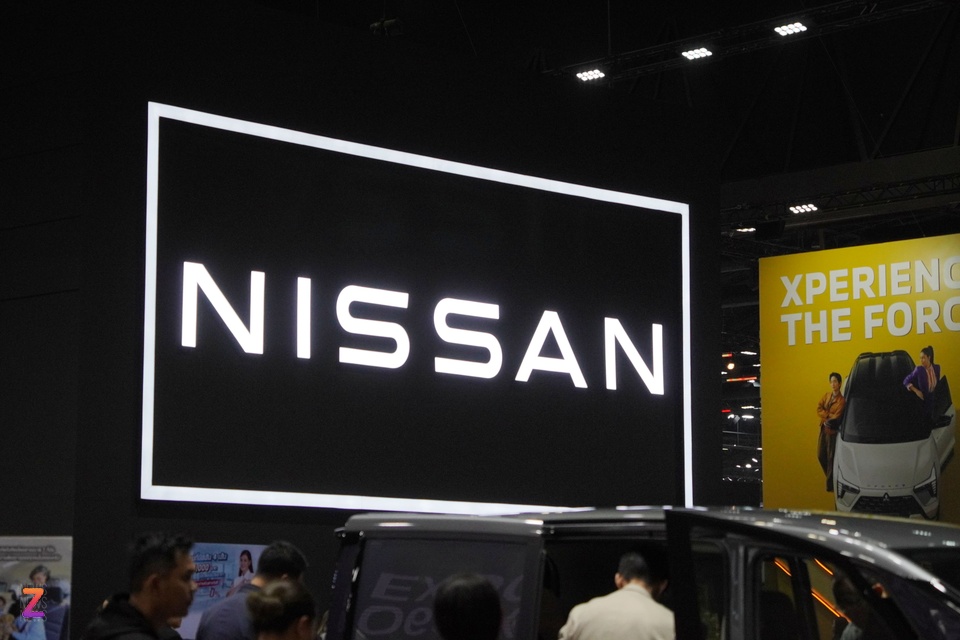
|
Nissan, the renowned Japanese automotive manufacturer, has announced a strategic decision to consolidate its operations by ceasing production at its CIVAC plant in Cuernavaca, Mexico. The company intends to transfer the entire output to another facility in Aguascalientes, marking a significant shift in its global restructuring plan. The CIVAC plant holds a special place in Nissan’s history, having produced over 6 million vehicles during its almost six-decade-long operation.
Since its inception in 1966, the plant has been a cornerstone of Nissan’s presence outside Japan. It started with the assembly of the iconic Datsun Bluebird, and by 1975, a second line was added to manufacture pickup trucks, commencing with the 720 model. The establishment of an engine plant in 1978 further solidified CIVAC’s pivotal role in Nissan’s North American production network.
Nissan’s journey in Mexico is a testament to its success, with the brand becoming the top-selling marque in the country by 1988. The CIVAC plant played a pivotal role in this achievement, rolling out its one-millionth vehicle that year. The plant also ventured into export production, including the Tsubame model for the Japanese market from 1993. The three-millionth vehicle milestone was reached in 2000, and by 2019, the total production surpassed an impressive 6 million vehicles.
Currently, the CIVAC plant manufactures the Versa, Frontier, and NP300/Navara models. Nissan plans to gradually transition the production lines to the Aguascalientes facility over the next year, with a complete cessation of operations at CIVAC expected by March 2026.
“Nissan Mexicana has fostered strong relationships with our partners in Mexico over the past six decades, and our facilities are globally recognized as key pillars of the Nissan group,” said Ivan Espinosa, Nissan’s Chief Operating Officer. “Today’s decision, while difficult, is necessary to enhance efficiency, competitiveness, and sustainability. We deeply value the significant contributions of our team at the CIVAC plant during this transition.”
This move aligns with Nissan’s Re:Nissan strategy, which aims to streamline the company’s global production capacity from 3.5 million to 2.5 million vehicles per year. The focus is on optimizing operations and enhancing efficiency at the remaining operational plants.
Engaging Reads for Your Journey
Our Automotive section presents an array of captivating books, offering diverse topics to engage your mind during those relaxing moments on your travels.
The All-New Peugeot 308: Unveiling a Refined Design and Enhanced Features for 2026
The Peugeot 308 makes a bold return with its sleek, refined design and an array of cutting-edge technologies. With a focus on electrification, the 308 showcases that hatchbacks and wagons are here to stay. The new model features a sharp aesthetic, enhanced by innovative engineering, proving that these classic body styles can still turn heads and offer a dynamic driving experience.














































